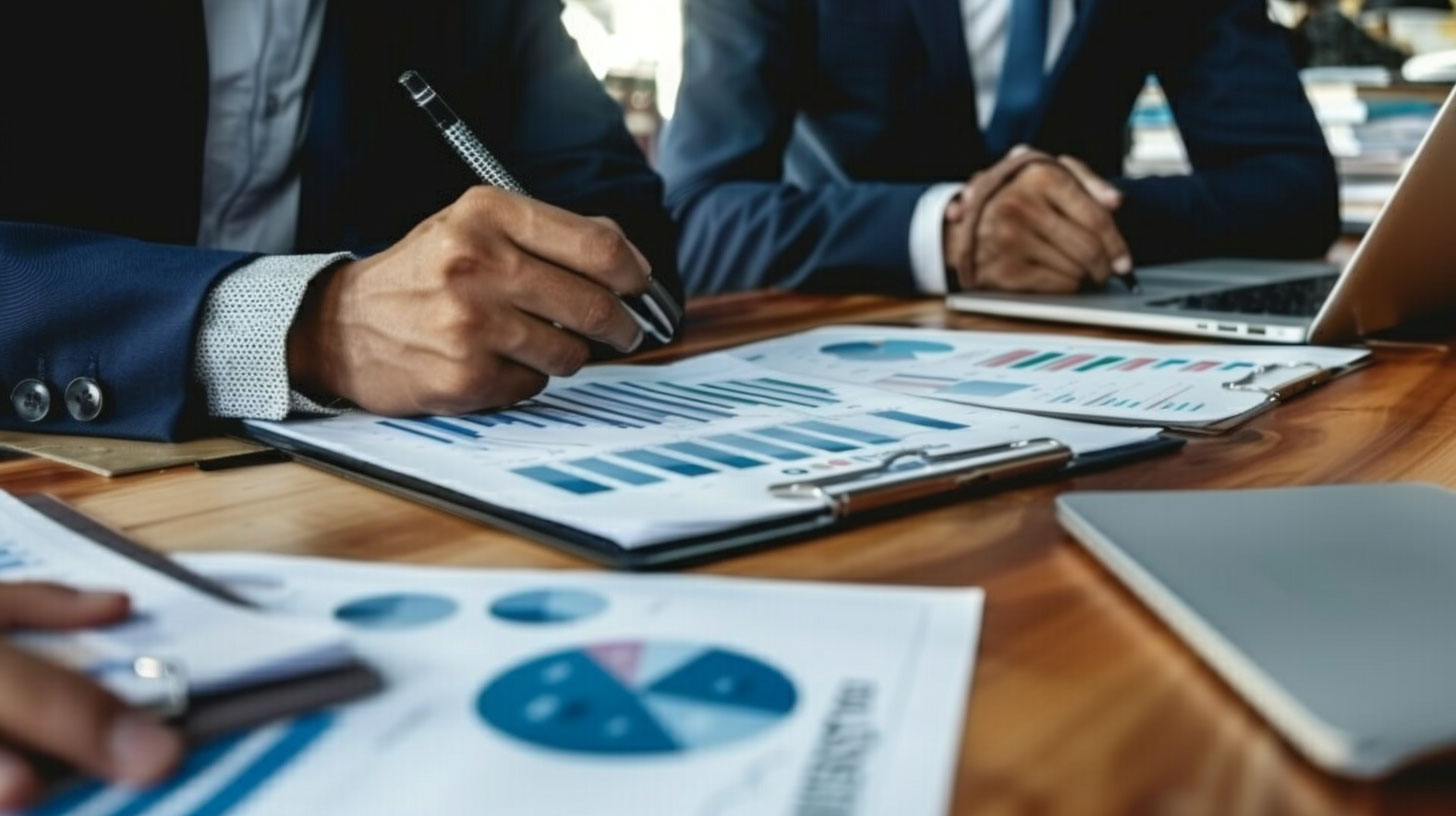Niger, a sprawling country situated in the heart of West Africa, is recognized for its rich cultural diversity and significant natural resources. Yet, it faces numerous socio-economic and political challenges. Amidst these challenges, Non-Governmental Organizations (NGOs) have emerged as pivotal players, particularly in the domain of legal advocacy. This article explores the indispensable role that NGOs play in Niger’s legal advocacy landscape.
Understanding the Context
Niger is one of the world’s least developed countries, grappling with issues such as high poverty rates, limited access to education, and weak healthcare infrastructure. Political instability and security concerns, including those arising from extremist groups, further exacerbate the situation. In such an environment, the rule of law often struggles to maintain its footing, making legal advocacy a critical necessity.
The Importance of Legal Advocacy
Legal advocacy involves activities undertaken to influence public policy and resource allocation decisions within political, economic, and social systems. For Niger, legal advocacy is essential in promoting human rights, ensuring government accountability, and fostering an inclusive society where every individual’s rights are respected and protected.
The Role of NGOs
NGOs in Niger are at the forefront of legal advocacy efforts. These organizations vary widely in size, scope, and area of focus, but they all share a common goal: to drive positive change by advocating for the rights and well-being of the population. Below are some of the key roles that NGOs play in legal advocacy in Niger:
1. Legal Education and Awareness
One of the primary roles of NGOs is to educate citizens about their legal rights and responsibilities. In a country where access to formal education is limited, many individuals are unaware of their legal rights. NGOs conduct workshops, seminars, and community outreach programs to raise awareness and educate the public about their entitlements and the legal frameworks that protect them.
2. Legal Aid and Representation
NGOs provide essential legal aid services to those who cannot afford legal representation, ensuring that justice is accessible to all. They offer free or low-cost legal assistance, represent individuals in court, and help navigate the often complex legal system. This support is particularly crucial for marginalized groups, including women, children, and rural populations.
3. Advocacy and Policy Influence
NGOs actively engage in advocacy to influence policy and legislative reforms that promote human rights and social justice. They work closely with government bodies, international organizations, and other stakeholders to push for changes in laws and policies that affect vulnerable communities. By leveraging research, data, and international human rights standards, NGOs advocate for reforms that align with global best practices.
4. Monitoring and Reporting
A critical function of NGOs is to monitor and report on human rights abuses and legal violations. They document cases of abuse, gather evidence, and publish reports that highlight injustices. This monitoring role acts as a check on government actions and pressures authorities to uphold the rule of law.
5. Capacity Building
NGOs also focus on building the capacity of local communities and civil society organizations. Through training programs and capacity-building initiatives, they empower local leaders and activists to advocate for their own rights and the rights of others. This grassroots approach helps to create a sustainable advocacy movement that can drive long-term change.
Challenges Faced by NGOs
While NGOs play a critical role in Niger, they also face numerous challenges. These include limited financial resources, political pressure, and security threats. Moreover, the vast and often remote geography of Niger makes it difficult for NGOs to reach all areas of the country. Despite these obstacles, NGOs continue to persevere, driven by their commitment to improving the lives of Niger’s citizens.
Conclusion
In a country like Niger, where socio-economic and political challenges are deeply entrenched, the role of NGOs in legal advocacy cannot be overstated. These organizations serve as champions of justice, ensuring that the rights of all individuals are recognized and protected. By providing legal education, aid, advocacy, and monitoring abuses, NGOs contribute significantly to the promotion and protection of human rights in Niger. Their efforts not only uphold the rule of law but also foster a society where justice and equality are truly attainable for all.
Suggested Related Links:
